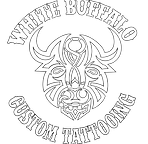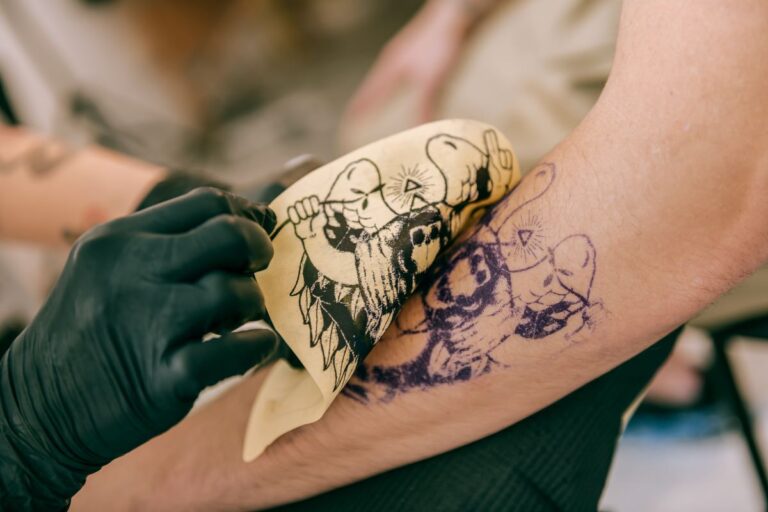Introduction
The decision to get a tattoo is a significant one, and for many, it’s accompanied by a degree of apprehension about the potential pain involved. In response to this concern, the market offers a variety of tattoo-numbing creams designed to alleviate pain during the tattooing process. However, the use of these creams is not without its considerations and potential drawbacks. In this article, we will explore the pros and cons of tattoo-numbing creams to help you make an informed decision about whether to use them or not.
The Pros of Tattoo Numbing Creams
- Pain Reduction: The most obvious benefit of tattoo numbing creams is their ability to reduce pain and discomfort during the tattooing process. This can be especially helpful for individuals with a low pain threshold or for those getting larger and more intricate tattoos.
- Increased Comfort: Numbing creams can make the tattooing experience more comfortable, allowing individuals to better relax during their session. This can result in a more enjoyable overall experience.
- Extended Tattoo Sessions: Some individuals may opt for numbing creams to extend the duration of their tattoo session. Pain and discomfort can become more pronounced as the session progresses, and numbing creams can help manage this.
- Reduced Anxiety: Knowing that you have a numbing cream to help manage pain can reduce anxiety for some individuals, making the tattooing process feel less daunting.
The Cons of Tattoo Numbing Creams
- Potential Allergic Reactions: Tattoo-numbing creams can contain various ingredients that may lead to allergic reactions in some individuals. It’s essential to carefully read the ingredients list and conduct a patch test before applying the cream to the tattoo area.
- Altered Tattoo Experience: Some argue that numbing creams alter the authenticity of the tattoo experience. Part of the tattooing process is the sensation of the needle, which many individuals consider an integral part of the experience.
- Less Accurate Feedback: Pain during the tattooing process can provide valuable feedback to both the artist and the person getting the tattoo. Pain can indicate when to take breaks, when the skin is becoming irritated, and whether adjustments need to be made to the tattoo design.
- Variable Effectiveness: The effectiveness of tattoo numbing creams can vary from person to person. Factors such as skin type, the specific cream used, and the individual’s pain tolerance all play a role in how well the numbing cream works.
Should You Use Tattoo Numbing Creams?
The decision to use tattoo numbing creams ultimately depends on your personal preferences and pain tolerance. Here are some factors to consider:
- Pain Tolerance: If you have a high pain threshold and feel comfortable enduring the discomfort of a tattoo, numbing creams may not be necessary.
- Tattoo Size and Location: Larger tattoos or those in more sensitive areas may benefit from numbing creams to alleviate prolonged discomfort.
- Allergies: If you have a history of allergies or sensitive skin, consult with a dermatologist or tattoo artist to ensure the numbing cream you choose is safe for you.
- Open Communication: It’s important to have open communication with your tattoo artist. Discuss your concerns and preferences with them to determine if numbing cream is a viable option for your session.
In conclusion, tattoo numbing creams can be a helpful tool for managing pain and discomfort during the tattooing process. However, they come with potential risks and can alter the overall tattoo experience. Whether or not to use numbing creams is a personal decision that should be made after careful consideration of your pain tolerance, the tattoo’s size and location, and any potential allergies or sensitivities. Consulting with your tattoo artist and conducting a patch test can help ensure a safe and comfortable tattooing experience.





